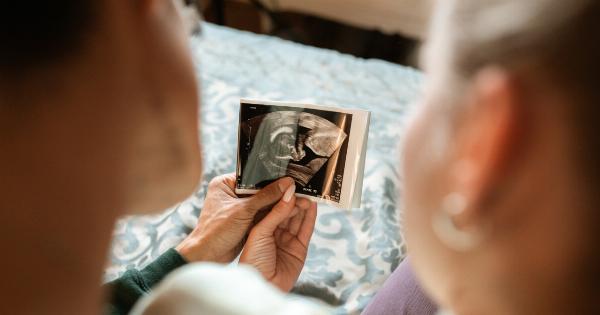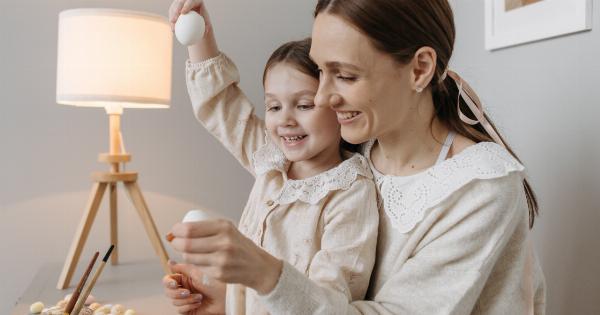As a woman, there are many reasons why you may consider egg freezing. From preserving fertility to delaying starting a family, it offers a world of options.
However, if you’re not familiar with the procedure, it can be overwhelming to know where to start. That’s why we’ve put together this guide to help you understand what egg freezing is, who it benefits, the process, and the potential risks involved.
Who Should Consider Egg Freezing?
Egg freezing is ideal for women who wish to preserve their fertility, regardless of whether they have immediate plans for having a child.
This may be due to concerns about age and fertility or medical reasons such as undergoing cancer treatment that may affect their fertility. Egg freezing may also appeal to women who want to delay starting a family to focus on their career or other priorities.
The Egg Freezing Process
The egg freezing process involves several stages, including fertility medications, monitoring the eggs’ progress, and retrieving mature eggs.
Once the eggs are extracted, they are frozen and stored at sub-zero temperatures to preserve their viability. When a woman is ready to conceive a child, the eggs are thawed, and in vitro fertilization (IVF) is done by injecting the sperm directly into the egg.
The Cost of Egg Freezing
Egg freezing is a substantial investment and can be an expensive process, with an average cost of $10,000-$15,000 per cycle. On top of this, you will have to consider ongoing fees for storage and future IVF expenses.
It’s worth noting that some employers may offer reimbursement for egg freezing, so it’s worth checking if this benefit is available to you before you start the process.
The Risks of Egg Freezing
Though egg freezing is a safe and effective method for preserving fertility, there are still some potential risks involved.
Some women may experience discomfort or pain during the egg retrieval process, while others may develop ovarian hyperstimulation syndrome (OHSS), which can cause bloating, abdominal pain, and nausea. Additionally, there is a small chance that the eggs may not survive the thawing process, or fertilization may not be successful.
Success Rates of Egg Freezing
The success rates of egg freezing and IVF vary from woman to woman, depending on factors such as age, general health, and the quality and quantity of the eggs retrieved.
Ideally, the eggs should be frozen before the age of 35, as the quality of the eggs decreases with age.
According to data from the Society for Assisted Reproductive Technology, the average live birth rate from frozen eggs per egg retrieval cycle is 33.6% for women aged 34 or younger, 28.2% for women aged 35-37, 18.4% for women aged 38-40, and 9.2% for women aged 41-42.
Overall Benefits of Egg Freezing
Ultimately, egg freezing offers many benefits, including the chance to have children at a later age, preserving fertility, and having control over your reproductive health.
It can also be empowering for women to have options and not have to make life-changing decisions quickly, giving them more flexibility in their lives. It’s important to make an informed decision about whether egg freezing is right for you and to discuss your options with a fertility specialist.
Conclusion
Egg freezing is a promising option for women. It offers the potential to preserve fertility and control over their reproductive health, though it can be expensive, and there are potential risks involved.
It’s important to research and discuss your options with a fertility specialist to make an informed decision about whether egg freezing is right for you.































